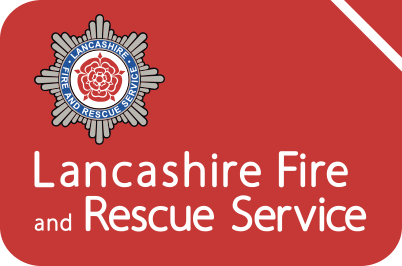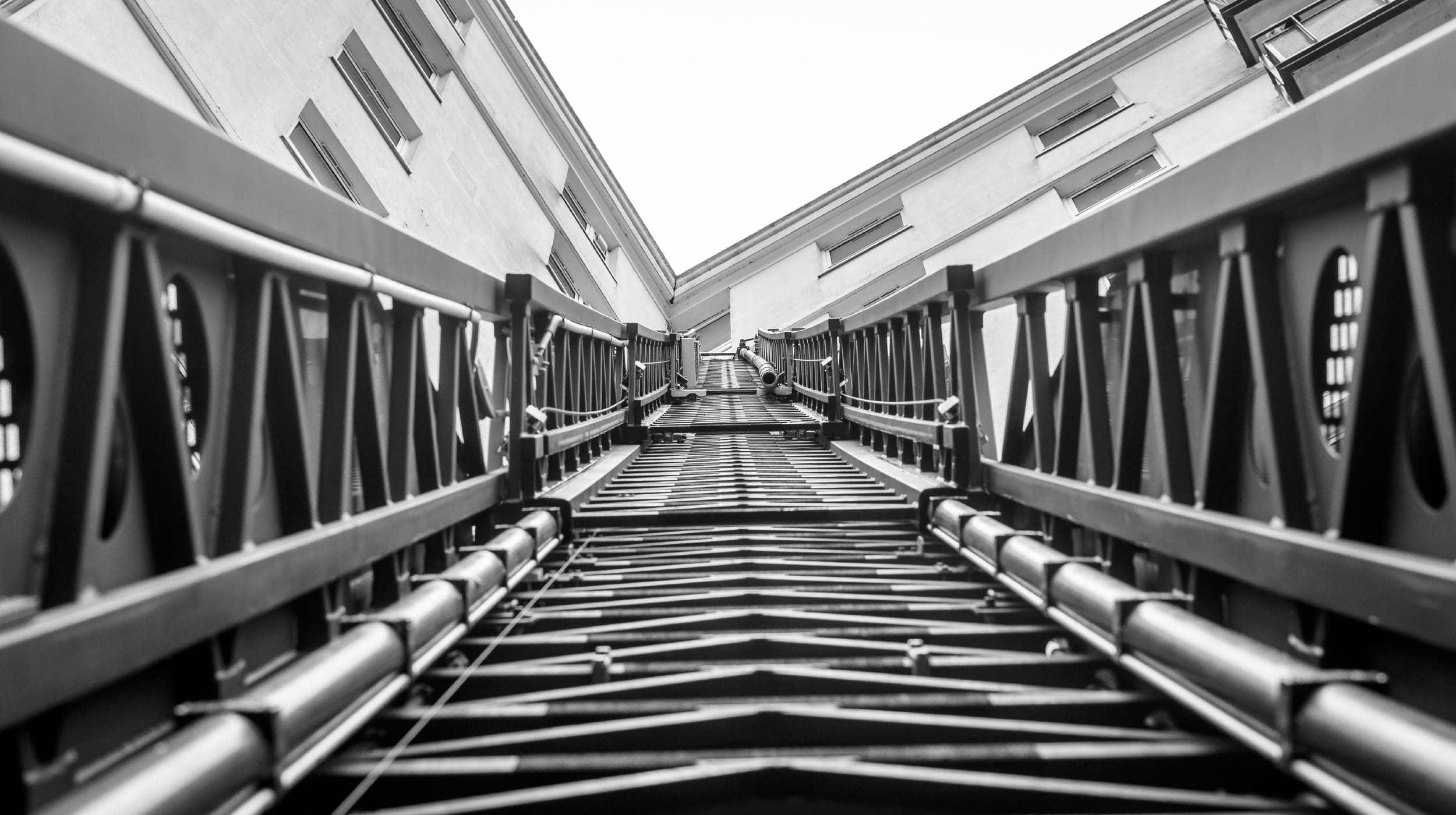Ensure that you have a working smoke alarm.
Fire safety in the independent living environment
More fatal accidents happen at home in the UK than on the road. 90% of people who die in house fires live alone.
People who live in independent living environments are often more vulnerable to fires and other emergencies. We’ve put together a list of helpful tips and advice to make you safer and more confident when living independently at home.
Please follow our advice and remember that you can apply for a home fire safety check to receive a home visit and/or personalised safety advice from our expert community safety advisors.
Smoke and carbon monoxide detectors
One of the most important things you can do to protect yourself is to install working smoke and carbon monoxide (CO) detectors. These gadgets are easy to install and warn you when you are in danger. Remember: it’s vital to test your detectors regularly to make sure they’re always working.
Smoke detectors
You should ideally have a working smoke detector on each floor of your home. This will help you to escape safely before a fire fully develops. Your smoke detector will sound audibly and/or visibly to alert you in the event of a fire. If you hear your alarms going off, evacuate your home and do not reenter it. Get out, stay out, and call us out on 999. Don’t worry if it’s a false alarm – we will still come out to check you are safe.
CO detectors
Carbon monoxide is harder to detect than smoke because it is invisible and odourless. It is also extremely harmful and can cause permanent damage to your body. This is why you should install a carbon monoxide detector anywhere the gas may be emitted. This includes near gas boilers, log burners, and any alternative heating device that burns fuel. If you hear your CO detector, evacuate the property immediately and call 999.
If you’re unsure whether you have enough detectors or the correct type installed, please apply for a home fire safety check. You can do this by filling in our online form or by calling us on 0800 169 1125 (opens your phone app). Simply provide us with a few details and we will help you.
Plan an escape route
Do you know what you would do in an emergency? How would you quickly and safely escape from your home? These are the questions it’s important to ask before you have a fire, not afterwards.
You should plan an escape route so that you know how to get out when you need to. Make sure you have a way to call 999 in an emergency, such as a mobile phone. If you don’t have one, do you have a neighbour you could ask to call for you?
You can learn more about planning an escape route on our website.
Emergency lights
Lighting can help you stay safe, especially if you air visually impaired or have reduced mobility.
Why not consider installing a nightlight that turns on automatically after dark? You should have these along your escape route so you can find your way out as fast as possible.
You should always know where a working torch is kept so you can access it during a power cut. Alternatively, you can use LEDs like tea lights or camping lamps. Don’t use candles – these are an avoidable fire hazard.









